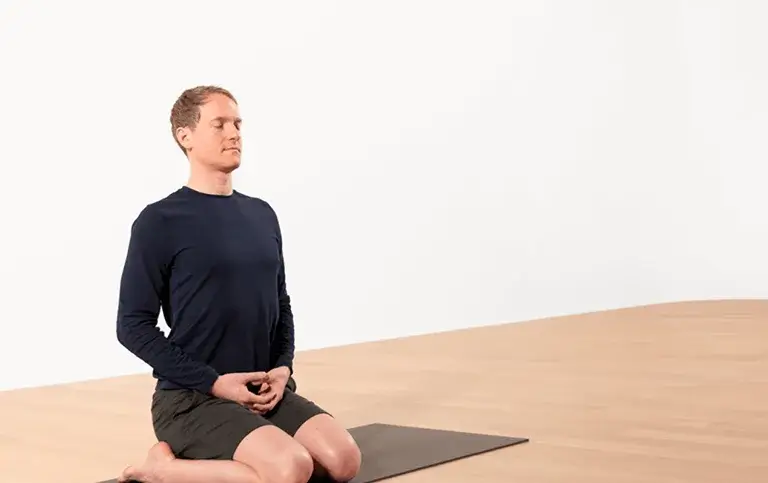Even after all these years, I still need need reminders about why this practice is so valuable. I always find inspiration when I read new studies. I genuinely love learning how researchers are starting to measure the things we inherently know when we engage with these practices over long periods of time – that they make us more empathic, that happiness is a skill, that somehow we aren’t as triggered by stress anymore.
But it’s true – I do. In part, it comes from my years of writing short health pieces. But it’s also because the research inspires me. We all get bored in our practice from time to time. Reading the research is part of how I bargain with myself to sit down and do the practice. Even after all these years, I still need need reminders about why this practice is so valuable. Plus, I genuinely love seeing how science is starting to measure the things we inherently know when we engage with these practices over long periods of time – that they make us more empathic, that happiness is a skill, that somehow we aren’t as triggered by stress anymore.
With that in mind, here are three of my favorite meditation studies (I include lots more in the program):
Compassion Meditation Changes the Brain
More than 10 years ago, Richard Davidson’s team published a study in PLOS One indicating that “positive emotions such as loving-kindness and compassion can be learned in the same way as playing a musical instrument or being proficient in a sport.” Brain scans of 16 monks who were exposed to distressing human sounds showed increased activity in regions of the brain associated with emotion sharing and empathy compared to a control group. Access the study here >>
Mindfulness Increases Grey Matter
This study, led by Harvard neuroscientist Sara Lazar, showed that after just 8 weeks of Mindfulness Based Stress Reduction (MBSR), participants demonstrated increases in areas of the brain associated with compassion and empathy, memory, and concentration. In addition, the participants’ amygdala got smaller! The amygdala is associated with fear and the fight or flight response. Access the study here >>
Meditation May Protect the Aging Brain
When researchers at UCLA compared the brains of meditators to non-meditators they found that meditator’s brains were almost a decade younger by the time people reach their mid 50s. Research is still ongoing, but the hope is that meditation may help protect against age-related decline. Access the study here >>
I hope these studies inspire your practice!


